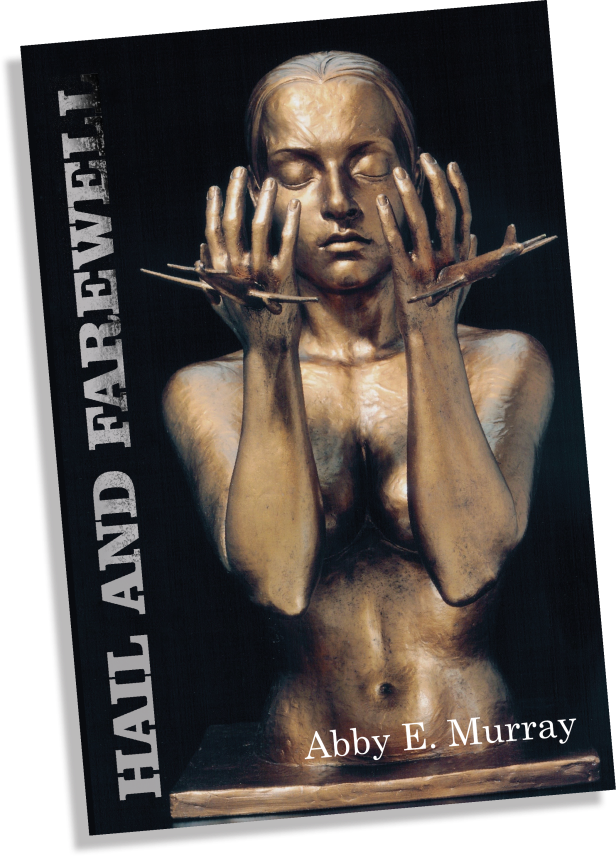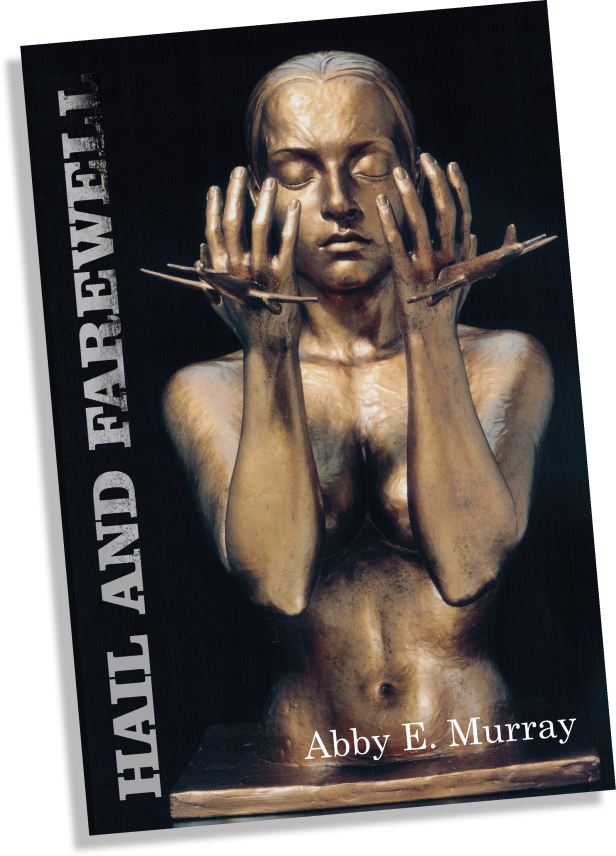Reviewed by Lisa Stice
Labels seem to have taken on more presence in these last few years. They pretend to be absolute and almost convince us that they truly are. Democrat; Republican. Liberal; Conservative. Female; Male. Service member; civilian. Pro-choice; pro-life. Well, and the list could probably go on for pages, but I won’t let that happen.
In reality, no one person, situation, issue, or whatever is so wholly one thing. When millions of cells collide with various experiences and observations, things just naturally become complicated. I like that sort of complicated. I like movies in which I’m not sure if the lead character is good or bad. I like questioning and thinking. I like wearing several hats, as the expression goes. If I were only a poet, what would I write about? If I were only one of the following: a mom, what would I teach my daughter? If I were not also a daughter, wife, woman, voter, volunteer, dog mom, painter, editor, learning musician, former student, former teacher…how could I be me? This is Abby E. Murray’s Hail and Farewell.
Murray’s poems sometimes grab the opposite poles and pull them together. Sometimes, they live somewhere in a blurry middle or in a completely different place all their own. They are gloriously complicated in the best way.
As the title of the collection suggests, there are beginnings and endings; those are often times the same thing, or at least happening simultaneously. On the subject of motherhood, Murray writes
Here is what it comes to:
motherhood is not enough for me
even when I swallow it like cake,
even when I wipe my mouth
on a napkin emblazoned with its flag
No matter how much one loves something or someone, it’s not a soul definition of who that person is. There’s guilt in loving cake and pie. No one says, ‘How terrible for the cake because she also loves pie.’ A mother can love a child while also loving work, hobby, quiet time, self. It’s not right or wrong; it just is.
Hail and Farewell often reinforces that there are no correct answers. In “How to Be Married after Iraq,” couples go through a mandatory reintegration conference in which the alphabet is used “to identify a healthy marriage.” In the end, they are told
the right choice
for officers and their wives, a letter H: two people
clasping hands across a comfortable lunging distance.
The poem, though, turns to the instinct of intimacy as the couple return “home to practice the letter S, the Y, the L.” There is no correct answer that can be swaddled around any relationship. The personal can only respond positively to the personal.
About the Author:

Abby E. Murray is poet laureate of the city of Tacoma, WA. She teaches creative writing at the University of Washington, Tacoma, and also offers free poetry workshops to soldiers and their loved ones in Pierce County. She serves as editor in chief for Collateral, a journal that publishes work focused on the impact of military service, and her poems can be found in recent or upcoming issues of Rattle, Prairie Schooner, Stone Canoe, and the Rise Up Review. She has published the chapbook How to Be Married After Iraq and the prize-winning poetry collection Hail and Farewell.
About the Reviewer:

Lisa Houlihan Stice is the poetry editor of the Military Spouse Book Review, where she brings her knowledge of contemporary poetry and her attention to diverse poetic voices to the table. A Marine spouse, she is the author of the poetry collections ‘Uniform‘ and ‘Permanent Change of Station.’ Her poetry has appeared widely in literary journals. For the Mil Spouse Book Review, she has written the Homefront Journal features “The Ever-Changing Normal,” “Code Switching,” “My Life on the Homefront,” and “Our Own Foreign Country.” She has reviewed several books of poetry including Kazim Ali’s ‘The Secret Room,’ Raquel Vasquez Gilliland’s “Milk and Honey,” and poetry by Ocean Vuong and Javier Zamora.

